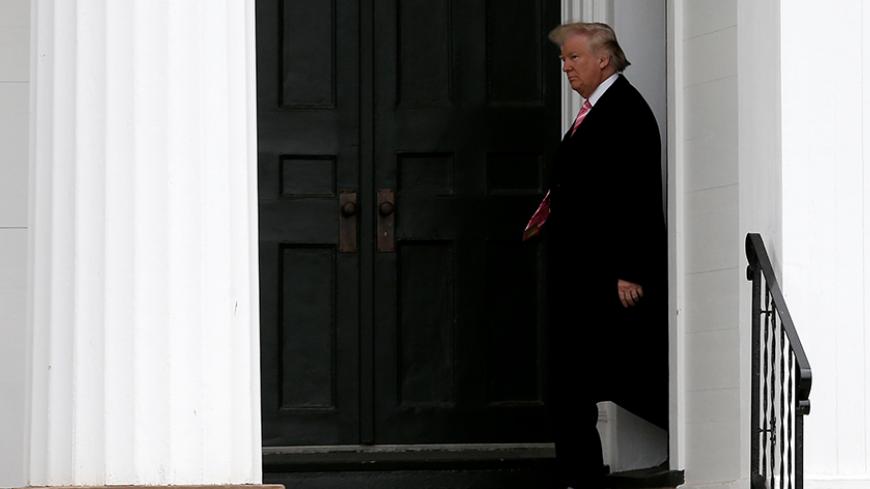Like most countries, Jordan had been preparing for a Hillary Clinton presidency, which was largely expected to be a continuation of President Barack Obama’s policies in a crisis-ridden Middle East. The former US secretary of state had strong working relations with regional leaders including King Abdullah. For the Jordanian government, a Clinton victory would have meant that strong bilateral relations, especially in security and military fields, would continue.
There had been doubts and concerns when the Democratic candidate told an Iowa audience on Oct. 7, 2015, that a final peace agreement between Israelis and Palestinians is unlikely until both sides “know what happens in Syria” and also depends on whether Jordan remains stable. That statement elicited angry reactions from local commentators, while officials chose to ignore it.



